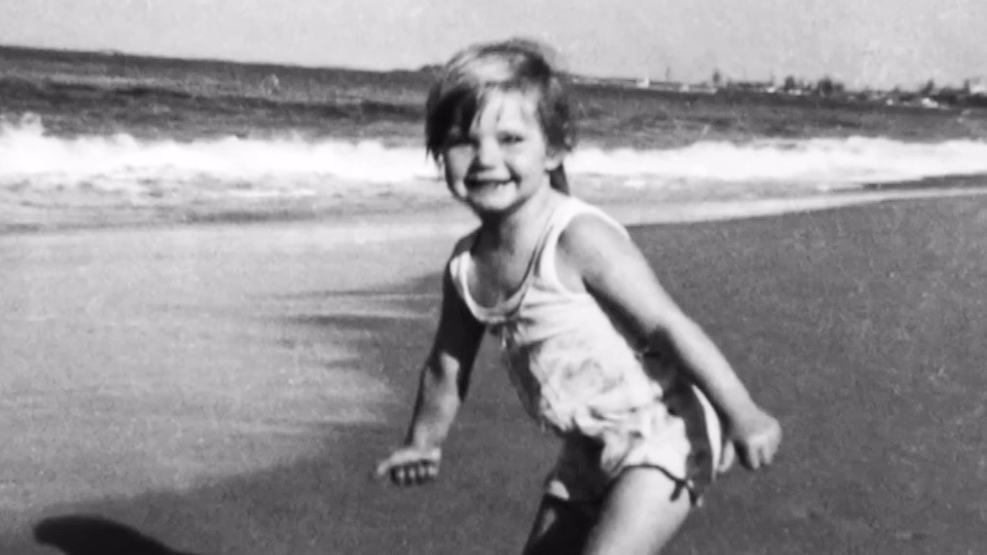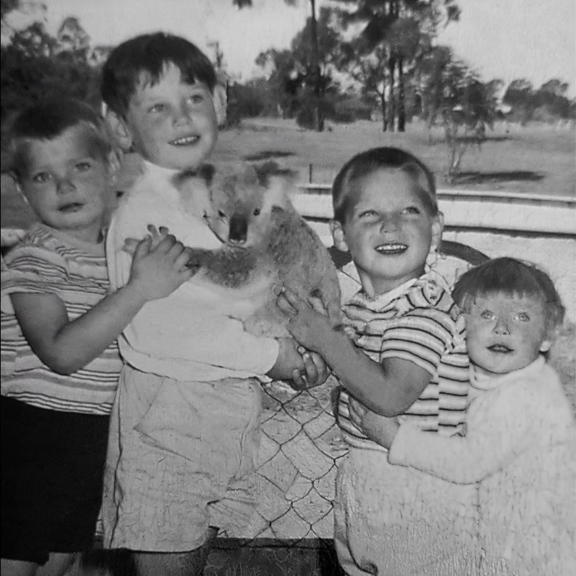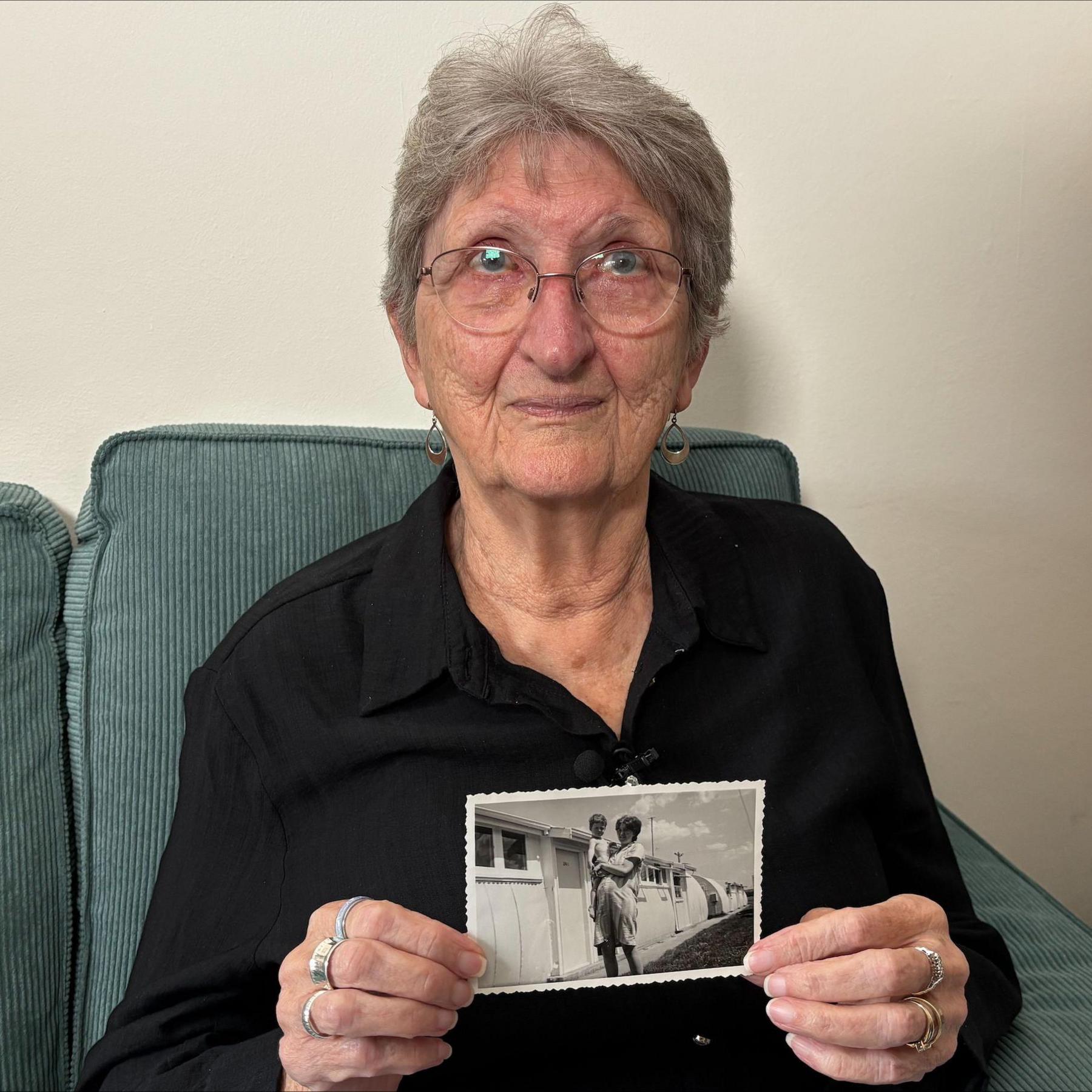More than five decades have passed since three-year-old Cheryl Grimmer vanished from Fairy Meadow Beach in New South Wales, Australia, on 12 January 1970. What should have been a carefree day at the seaside turned into one of the nation’s most enduring mysteries. Despite multiple reviews, international attention, and even a million-dollar reward, the case remains unsolved.
Recently, Cheryl’s family expressed renewed anger after learning that police did not formally interview three potential eyewitnesses who came forward following a BBC podcast. For the family, it felt like another painful setback in their search for answers.
The Day Cheryl Disappeared

Cheryl Grimmer had emigrated from Bristol, UK, with her parents and three brothers only a year before her disappearance. On that summer day in 1970, the family went to Fairy Meadow Beach, about 50 miles (80 km) south of Sydney.
Cheryl and her seven-year-old brother Ricki were in the changing rooms near the beach. Ricki remembers looking away for just a few moments before realizing his younger sister was gone. Despite immediate searches by family and beachgoers, no trace of Cheryl was found. Authorities quickly suspected an abduction, but no arrests at the time led to a conviction.
A Painstaking Review Yields No Breakthrough

In recent years, New South Wales Police conducted a four-year review of the case. Cheryl’s family had hoped it would reveal new leads, especially after renewed public interest sparked by the Fairy Meadow true-crime podcast, which has been downloaded more than five million times.
Instead, police informed the family that the review uncovered no new evidence capable of securing a conviction. To the family, this felt like yet another chapter of disappointment in a case already burdened by decades of unanswered questions.
Eyewitnesses Left Without Interviews

What particularly angered the Grimmer family was the revelation that three potential eyewitnesses who contacted the BBC after the podcast were not formally interviewed by police.
-
The first witness, who requested anonymity, told the BBC he had seen a teenage boy carrying a small child away from the beach changing rooms on the very day Cheryl disappeared. He spoke briefly to police by phone but never heard back.
-
Kay Tutton, now 82, recalled seeing a distressed young girl being led away by a man at Fairy Meadow. She initially went to the police in 1970 after watching a news report, but never received follow-up contact. After reaching out again in 2022, she too said she was not interviewed.
-
The third woman, who also asked to remain unnamed, said she had been approached by a man on a nearby beach days before Cheryl vanished. She expressed disappointment that her account had not been pursued further.
Cheryl’s brother Ricki described his reaction as “total frustration,” saying the lack of interviews undermined confidence in the thoroughness of the review. “Our family can’t move forward without the help of the police,” he told the BBC.
Former Detective Voices Concern
Retired detective sergeant Damian Loone, who once worked on the case, criticized the handling of these witness accounts. He described one man’s testimony as “very credible” and said he could not understand why it was not pursued.
Loone argued that the man appeared to be the only independent eyewitness linking a teenage boy—estimated to be 16 or 17 years old—to Cheryl on the day she vanished. That detail is significant because the suspect once charged in the case, known only by the codename “Mercury,” was in that same age group at the time.
“I think that’s sloppy police work,” Loone said. “That’s what they should have done and I can’t believe that it hasn’t happened.”
The 2016 Breakthrough That Collapsed
In 2016, decades after Cheryl’s disappearance, a man in his 60s was charged with her abduction and murder. Police had uncovered a confession he made as a teenager in 1971. However, a judge later ruled the confession inadmissible, and the man—known only as “Mercury” because he was a minor at the time—was released. All charges were dropped in 2019.
The collapse of the case was devastating for Cheryl’s family. They had briefly hoped justice was within reach, only to watch the case unravel in court.
Petition and Calls for Accountability
Public interest in Cheryl’s case has remained strong. A petition earlier this year calling for a parliamentary inquiry into how New South Wales Police handle missing persons investigations gathered more than 10,000 signatures.
Although the issue was debated in parliament, the state’s minister for police and counter-terrorism made no commitment to launching such an inquiry. For Cheryl’s family, this felt like yet another missed opportunity for systemic change.
Police Defend Their Approach
In a statement, NSW Police insisted that all information received—including witness details shared by the BBC—was assessed in line with investigative standards. They emphasized that not every individual who contacts police is guaranteed a formal interview. Instead, each account is evaluated for relevance to the established facts of the case.
Police also noted that they had met with members of Cheryl’s family in September 2023 for a three-hour discussion, during which they outlined all known and verified information.
Still, this explanation has not satisfied the Grimmers, who believe potentially valuable testimony has been overlooked.
A Family’s Enduring Pain
For Ricki, now 62, the pain of losing his sister remains raw. He vividly recalls being in the changing rooms with Cheryl moments before she disappeared. Over the years, he has written open letters criticizing what he views as repeated errors in the investigation.
“You offer a million-dollar reward, people come forward, you don’t speak to them. Why offer the reward?” Ricki asked. “Was that just to appease our family, appease the public, make it look like you’re doing something? In actual fact, you’re doing nothing.”
The reward he referred to was announced in 2020—AU$1 million (about £529,000)—for information leading to a conviction. Yet without interviews of the new witnesses, the family feels that promise rings hollow.
Why Cheryl’s Case Resonates
Cheryl’s disappearance is one of Australia’s most haunting unsolved cases, not only because of the young age of the victim but also because of the decades of uncertainty that followed. The case highlights broader issues in missing persons investigations:
-
The importance of acting quickly on eyewitness testimony. Delays or dismissals can permanently close off potential leads.
-
The role of media in reopening cold cases. The BBC podcast prompted witnesses to come forward decades later.
-
The emotional burden on families. For the Grimmers, every setback compounds the grief of a tragedy that never had closure.
Moving Forward: What Needs to Change?
Experts and advocates suggest several steps could help ensure Cheryl’s story leads to meaningful reform:
-
Independent oversight of cold cases. Families often feel police reviews lack transparency. An independent body could provide accountability.
-
Structured protocols for eyewitness testimony. All credible accounts, regardless of the time elapsed, should be formally recorded and assessed.
-
Continued use of public engagement tools. Podcasts, documentaries, and reward programs can play an important role, but they must be paired with robust follow-up by law enforcement.
A Symbol of Persistence
Although Cheryl Grimmer’s fate remains unknown, her case continues to symbolize persistence in the face of heartbreak. Her family’s determination to demand accountability, coupled with public interest sparked by modern media, ensures the little girl lost on Fairy Meadow Beach in 1970 is not forgotten.
The unanswered questions weigh heavily: What really happened that day? Could eyewitness testimony still unlock the truth? And will the system ever deliver the justice Cheryl’s family has waited more than 50 years to see?
For now, the family vows to keep fighting. “There are no words, just nothing,” Ricki said. “Our family can’t move forward without the help of the police.”



